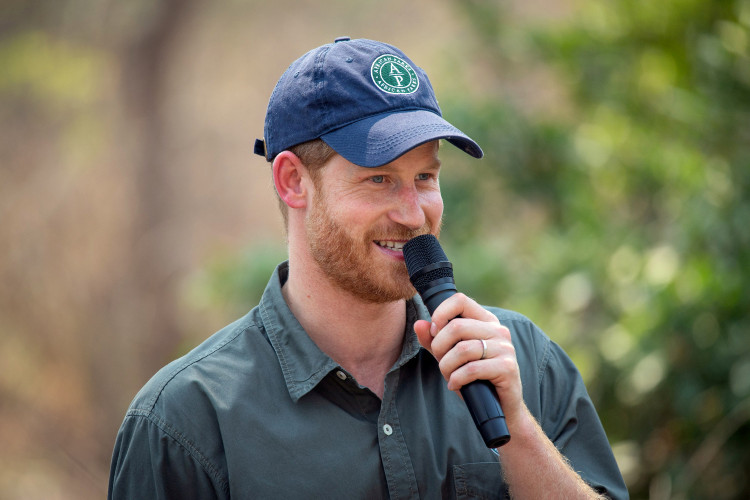Prince Harry's rapid return to the UK from the US, ostensibly to stand by his father during this challenging time, has ignited a debate that straddles the line between genuine concern and perceived self-interest.
"The king announcing he had cancer was totally unprecedented and incredibly brave - but suddenly the focus was on what Harry was doing. He seems to have this knack of making it all about him," a source close to the royal family lamented, as reported by the Daily Beast. This sentiment underscores a broader skepticism within royal circles regarding Harry's motivations, particularly given the backdrop of his previous criticisms of his family.
Harry's visit, characterized by a whirlwind 25-hour stay, was seen by some as adding "unnecessary drama" to an already sensitive situation. A family friend described the move as creating "panic at the worst possible moment," suggesting that the prince's actions might have inadvertently fueled undue speculation about the King's health.
In stark contrast, Buckingham Palace aides, in an effort to quell the brewing storm, noted that King Charles welcomed his son's visit. This gesture of familial unity, however, did little to bridge the growing divide between Harry and other members of the royal family, particularly his brother, Prince William. "William never wants to see him again," revealed a friend of the Prince of Wales, highlighting the depth of the rift that Spare, Harry's tell-all memoir, has caused.
The royal family's usual stance of maintaining a stoic front in the face of adversity - encapsulated in the mantra "keep calm and carry on" - has been tested by Harry's actions, which some insiders compare to the behavior of "a teenager in a reality show." This perceived departure from royal decorum has not only fueled media speculation but also raised questions about the sustainability of the family's traditional approach to personal crises.
The timing of Harry's visit, closely following the public announcement of Charles' diagnosis, was particularly contentious. Critics argue that it shifted the narrative's focus from the King's brave disclosure to Harry's personal actions, with one royal friend accusing Harry of trying to "cast himself as the dutiful, concerned son" despite his history of public critiques against his family.
As the royal family navigates this tumultuous period, the interplay between personal impulses and institutional responsibilities remains a focal point. The saga encapsulates the enduring struggle of Britain's monarchy to balance the inherent human complexities of its members with the stoic, unwavering image it seeks to project to the world.






